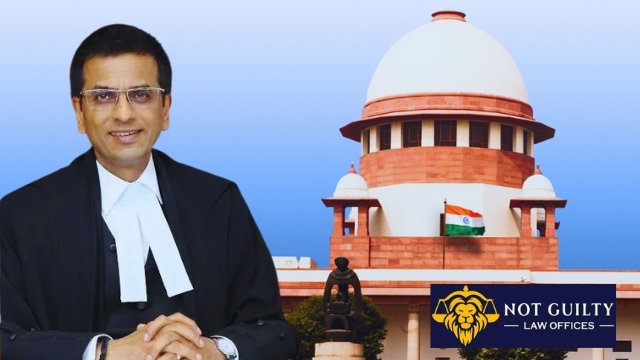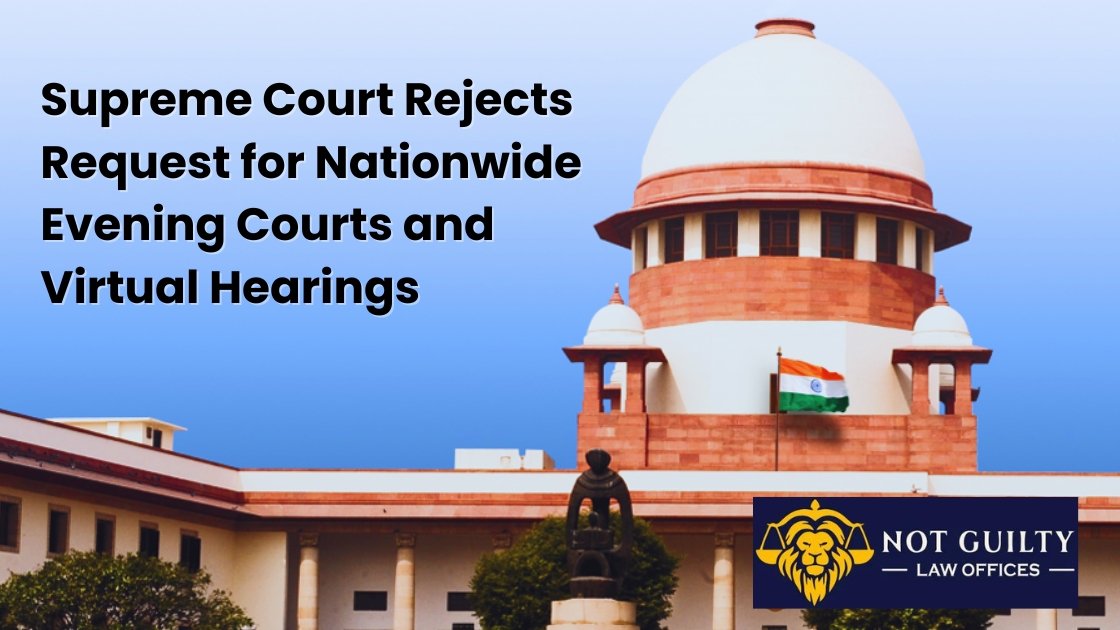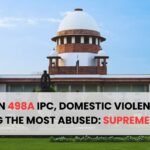Supreme Court Rejects Request for Nationwide Evening Courts and Virtual Hearings
The Supreme Court, on a recent Friday, decided against a petition that called for the implementation of virtual hearings and the establishment of evening courts across all district courts in India.
The bench, led by Chief Justice of India DY Chandrachud, alongside Justices JB Pardiwala and Manoj Misra, noted the impracticality of issuing a blanket order due to the country’s vast and intricate legal framework.
During the proceedings, the Court emphasized that these concerns are currently being addressed in the third phase of the e-Courts project, which is part of an ongoing initiative to integrate more technology within the judicial system.
Chief Justice Chandrachud questioned, “Do you know how many district courts there are in the country? We cannot prescribe one-size-fits-all solutions. These issues are part of the broader technological revolution in phase three of the e-courts project. However, judicial directions in this matter are not appropriate.”

The plea highlighted that virtual hearings would facilitate better presentation of evidence and witness testimonies. Nevertheless, the Court stressed that not all demands could be transformed into public interest litigations.
The allocation and utilization of funds for technological advancements in the courts also came under scrutiny. The Court remarked that High Courts should be trusted to judiciously use the funds based on their specific state challenges.
CJI Chandrachud pointed out, “In the first month alone, 90 to 95 percent of the allocated funds were utilized by High Courts. Each High Court faces unique challenges, like the Meghalaya High Court’s difficulty in finding vendors, which differs significantly from issues faced by the Bombay High Court. High Courts have robust ICT committees, and their decisions should be respected.”
Additionally, the plea sought the establishment of evening courts, a proposal that was quickly noted as likely to be unpopular among lawyers due to their existing heavy workloads. “You have asked for evening courts… the lawyers will oppose. If we were to mandate this, lawyers would end up working additional hours after a full day,” CJI Chandrachud explained.
Ultimately, the Supreme Court dismissed the petition, underscoring the need for individual High Courts to navigate their technological and procedural enhancements. Advocate Kishan Chand Jain represented the petitioner in this case.



